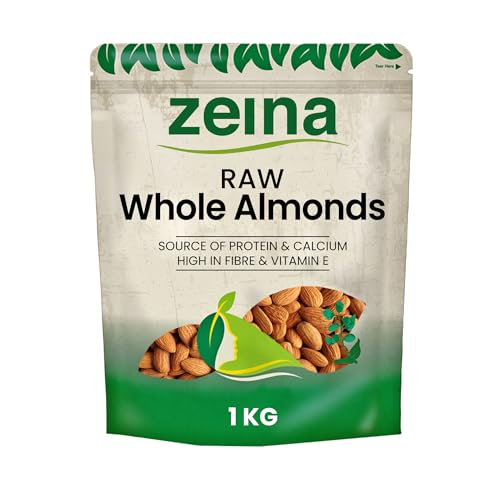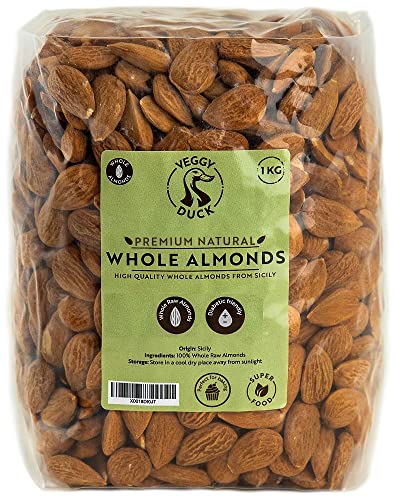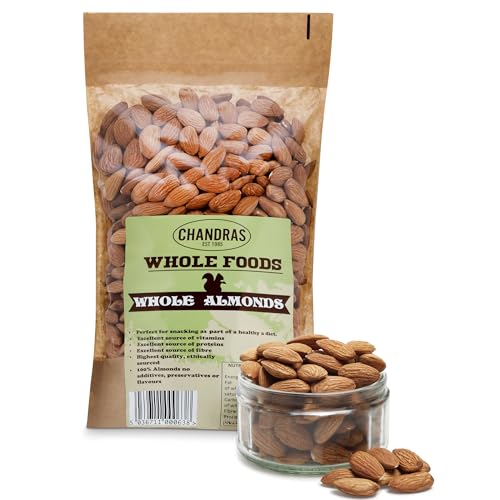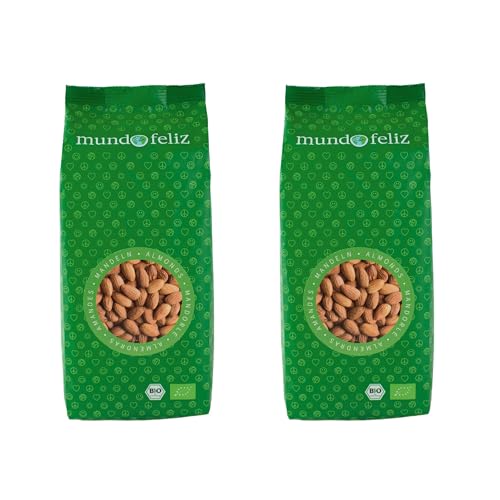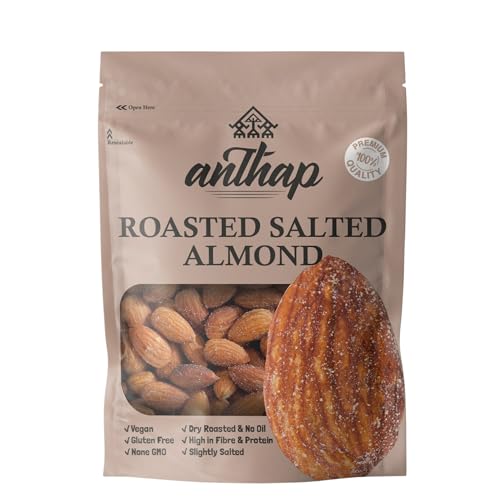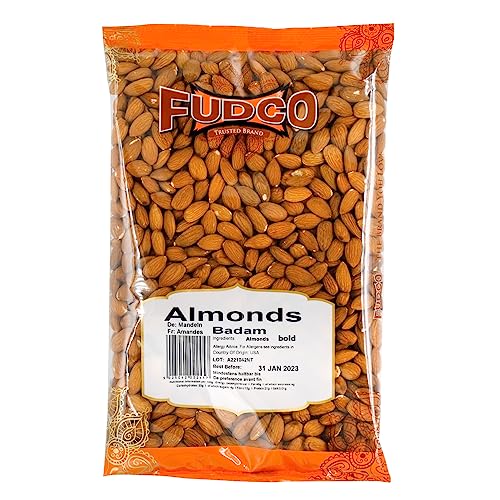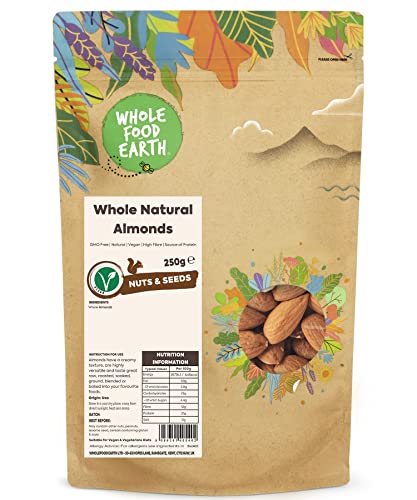Understanding Almonds: Types and Varieties Explained
Diverse Types of Almonds
Almonds come in several varieties, primarily divided into sweet and bitter types. Sweet almonds, the most commonly consumed, are often used in snacks, baking, and cooking. Bitter almonds, on the other hand, contain compounds that can be harmful when consumed raw and are generally used to produce almond oil or flavouring agents. Within sweet almonds, there are significant variations such as nonpareil, which are thin-shelled and considered to be the standard for quality. Other popular types include Carmel and Sonora. When looking for almonds, being aware of these types helps us select the right almonds for our intended use.
Forms: Whole, Sliced, and Beyond
Almonds are available in various forms, which can enhance our cooking or snacking experience. We find whole almonds, sliced, chopped, and even almond flour for baking. Each form has its unique applications; for instance, sliced almonds add a lovely crunch to salads or desserts, while almond flour is perfect for gluten-free baking. Understanding these options allows us to choose the right kind of almond for specific recipes or for snacking.
Nutritional Benefits of Almonds: Why They Matter for Your Health
A Nutritional Powerhouse
Almonds are packed with essential nutrients that benefit our health. They are an excellent source of vitamin E, magnesium, and fibre, promoting heart health and aiding digestion. Regularly including almonds in our diet can help manage cholesterol levels and support weight management, as their healthy fats keep us feeling full longer. Moreover, studies suggest that almonds can assist in regulating blood sugar levels, making them a smart snack choice for those mindful of their health.
Boosting Overall Well-Being
Incorporating almonds into our daily routine can lead to notable health improvements. Whether it’s through adding them to our morning cereal or enjoying a handful as an afternoon snack, almonds contribute significantly to a balanced diet. The antioxidants found in almonds help combat oxidative stress in our body, aiding in overall mental and physical well-being. By making almonds a part of our diet, we take a step toward a healthier lifestyle.
How to Choose Quality Almonds: Tips for Smart Buying
Identifying Freshness
When selecting almonds, look for signs of freshness. We should choose almonds that are firm to the touch and free from any rancid smell. The colour is also crucial; vibrant and uniform colours generally indicate high quality. Always check the expiration date if purchasing packaged almonds, as freshness impacts both flavour and nutritional value. Opting for raw almonds over roasted ones allows us to enjoy the pure taste and nutrition without added oils or seasonings.
Packaging Considerations
The packaging of almonds can also give us clues to their quality. We often find almonds in vacuum-sealed bags or jars, which helps preserve their freshness. If we find almonds in bulk bins, it’s essential to ensure they are stored properly, as exposure to air can diminish their quality. It’s advisable to purchase from reputable brands and stores that have high turnover rates to maximize freshness.
Delicious Ways to Incorporate Almonds into Your Diet
Creative Culinary Uses
Almonds can elevate both sweet and savoury dishes. We can toss whole almonds into salads for added crunch, or use sliced almonds to garnish a stir-fry for texture. Almond butter is a fantastic alternative to peanut butter and works perfectly in smoothies, on toast, or in baking. We can also find endless uses for almond flour in pancakes, cookies, and bread, providing a gluten-free option while adding a rich nutty flavour.
Smart Snack Choices
For snacking, roasted or spiced almonds make for a satisfying option that’s easy to prepare. We can create our own trail mix by combining almonds with dried fruit and dark chocolate chips for a healthy energy boost. Almonds can also serve as a quick snack when we’re on the go, helping to keep our energy levels stable throughout the day.
Storing and Preserving Almonds: Best Practices for Freshness
Optimal Storage Conditions
To maintain the freshness of almonds, it’s crucial to store them properly. Keeping them in a cool, dark place, such as a pantry or cupboard, is ideal. If we buy almonds in bulk, it’s best to transfer them to an airtight container to protect them from humidity and air exposure.
Refrigeration for Longevity
If we’re not planning to use our almonds within a few months, consider storing them in the refrigerator or freezer. Cold storage can dramatically extend their shelf life, preserving their flavour and nutritional value. Just be sure to let them come to room temperature before using them in recipes to ensure they retain their texture.
